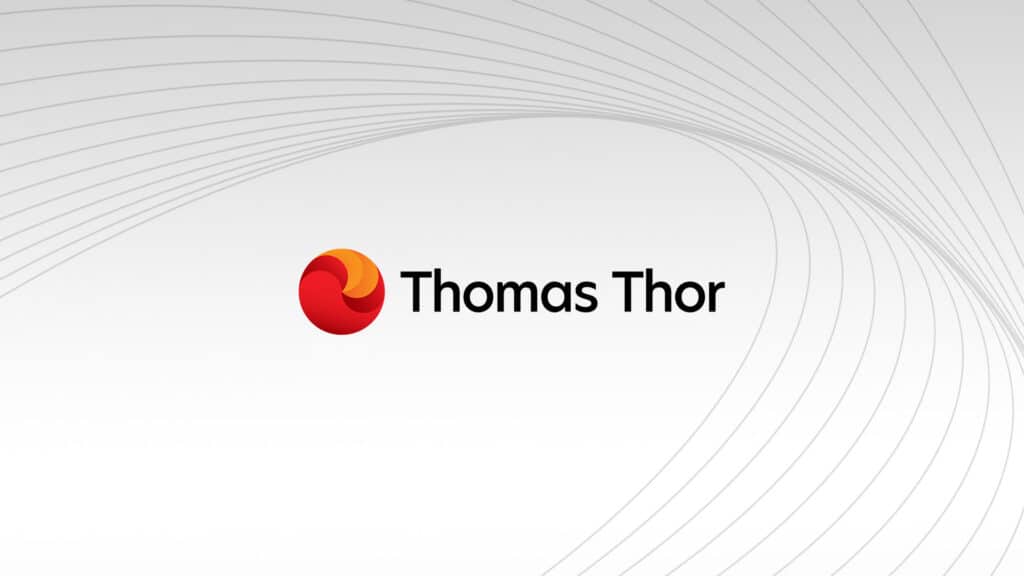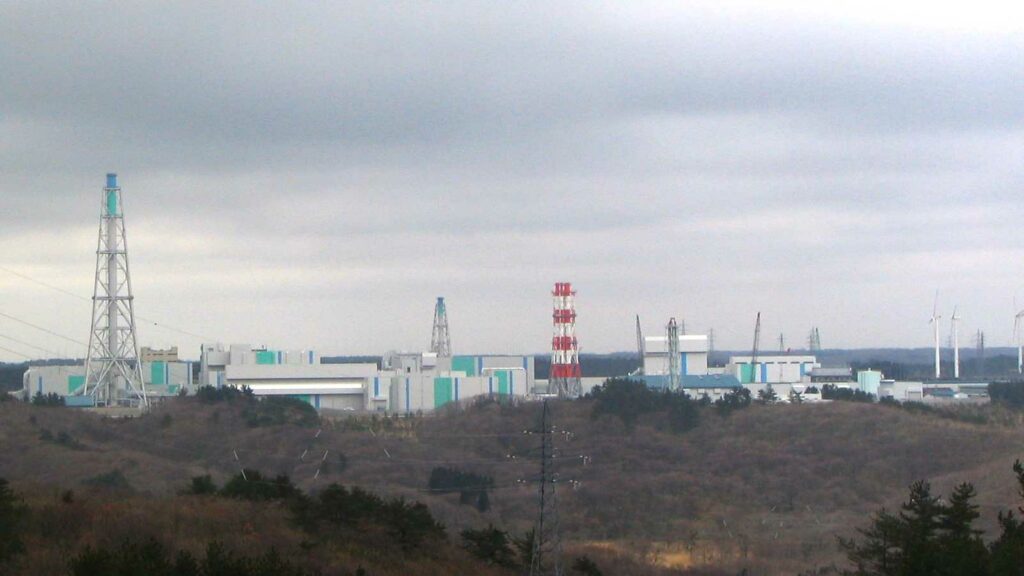Why a global census in the nuclear energy industry would help the planet

By Callum Thomas, Founder and CEO of Thomas Thor Associates and Chairman of KeySource Global
Today 11% of the world’s electricity comes from nuclear power and it accounts for around one third of all electricity generated globally from low-carbon sources. This is a huge contribution towards a clean energy future for our planet. The nuclear energy industry is also a global one, with unprecedented levels of global cooperation, sharing of information and collective oversight. This culture of collaboration has arisen through a globally shared belief that we all benefit from pooling best practice and lessons learned. The nuclear industry excels at quantifying and keeping track of every relevant detail, so why not apply this same principle to the workforce?
There is an opportunity for global cooperation in the collation of workforce data, including an overall count of the number of people working in the industry, a standard global taxonomy of the different job roles as well as information on demographics, diversity and mobility. There are significant benefits for the nuclear energy industry and for the planet to be realised by doing this, such as:
Raising awareness, public support and investment for nuclear energy – Public support for nuclear energy is rising as more and more people realise that nuclear energy is part of the solution for a clean energy future, which is leading to more political support and interest in the industry from institutional investors (half of Bruce Power, which operates the largest nuclear power plant in the world, is owned by a pension fund). Yet the nuclear energy industry is somewhat of an enigma to many people. Very few people know much about the industry, let alone how many people are part of it or what it contributes to a clean energy future. Gathering simple HR data on the number of people in the workforce would enable the industry’s storytellers to humanise the somewhat secretive industry, drawing more attention to the people working in it which would support this positive trajectory. There are some excellent examples of country specific HR data gathering exercises, such as the Nuclear Industry association’s Jobs Map in the UK (https://www.niauk.org/resources/jobs-map/), but nothing exists to this standard at a global level.
Attracting talent – highlighting the people of the nuclear industry would enable audiences to identify with the workers, and some of those would in turn seek careers in the industry, boosting the talent pool available.
Further enhancing global cooperation within the nuclear energy industry – a crucial objective before gathering data on the nuclear energy workforce is defining what to count or measure. Countries categorise people and job roles differently, so a global standard of taxonomy needs to be developed in order to achieve meaningful and consistent global data. A major benefit of a globally agreed taxonomy of job roles, other than allowing for meaningful HR data to be gathered, is that it would make it easier for companies and countries to work together and easier for the industry to deliver internationally.
Enhancing global career opportunities – It is fair to say that a career in nuclear energy industry offers the opportunity to work all over the world. It is also fair to say that many people want an international career and that many organisations want to hire the very best people from around the world as well as from their own country. Furthermore, data on the number of people working in the nuclear energy industry, together with their skillsets and the country in which they are located would enable people working in the industry to identify international career opportunities more easily and would also enable companies to hire and expand internationally. That would make the nuclear sector a better place to work and more productive and efficient too.
To enable effective workforce planning – some countries are already using their national nuclear human resource data effectively in workforce planning, anticipating supply and demand of skills and taking action in training and hiring as a result. Elevating this to a global level presents a significant opportunity. Imagine, for example, a country that has just finished some nuclear new build projects and has a gap before the next projects, or a country that has just built a waste storage facility. Other countries looking to do similar projects could benefit greatly from the fresh expertise of individuals and companies that have been involved, to support their projects and to transfer skills to their national workforce. All the nuclear industry’s supply chains are measured and studied regularly, the opportunity to take this care about its workforce is glaring.
Supporting the drive towards diversity and inclusion – data in areas such as gender diversity or age can be very sensitive. Employers, understandably, are reluctant to release data that could in any way be seen as negative. However this is changing, and most organisations are facing the reality that we have a lot of work to do when it comes to diversity and inclusion. The benefits of having global data on diversity and inclusion in the nuclear energy industry would be to maintain the focus on positive change and to identify and showcase examples of best practices that have led to improvements in specific organisations or countries. For example, Canada has a national target of 50% of the nuclear workforce being female by 2030. The whole world can benefit from seeing how they go about achieving this and the lessons learned along the way.
In summary, it seems like a relatively small step, to simply count the number of people working in the nuclear energy industry, to understand a bit more about the workforce, and to share the information with each other. And yet the benefits from doing so would touch every organisation and would contribute directly, and indirectly, to the clean energy future that we all want to see.
Share this article
Related articles
Help us grow and achieve your potential at a values-driven business.




